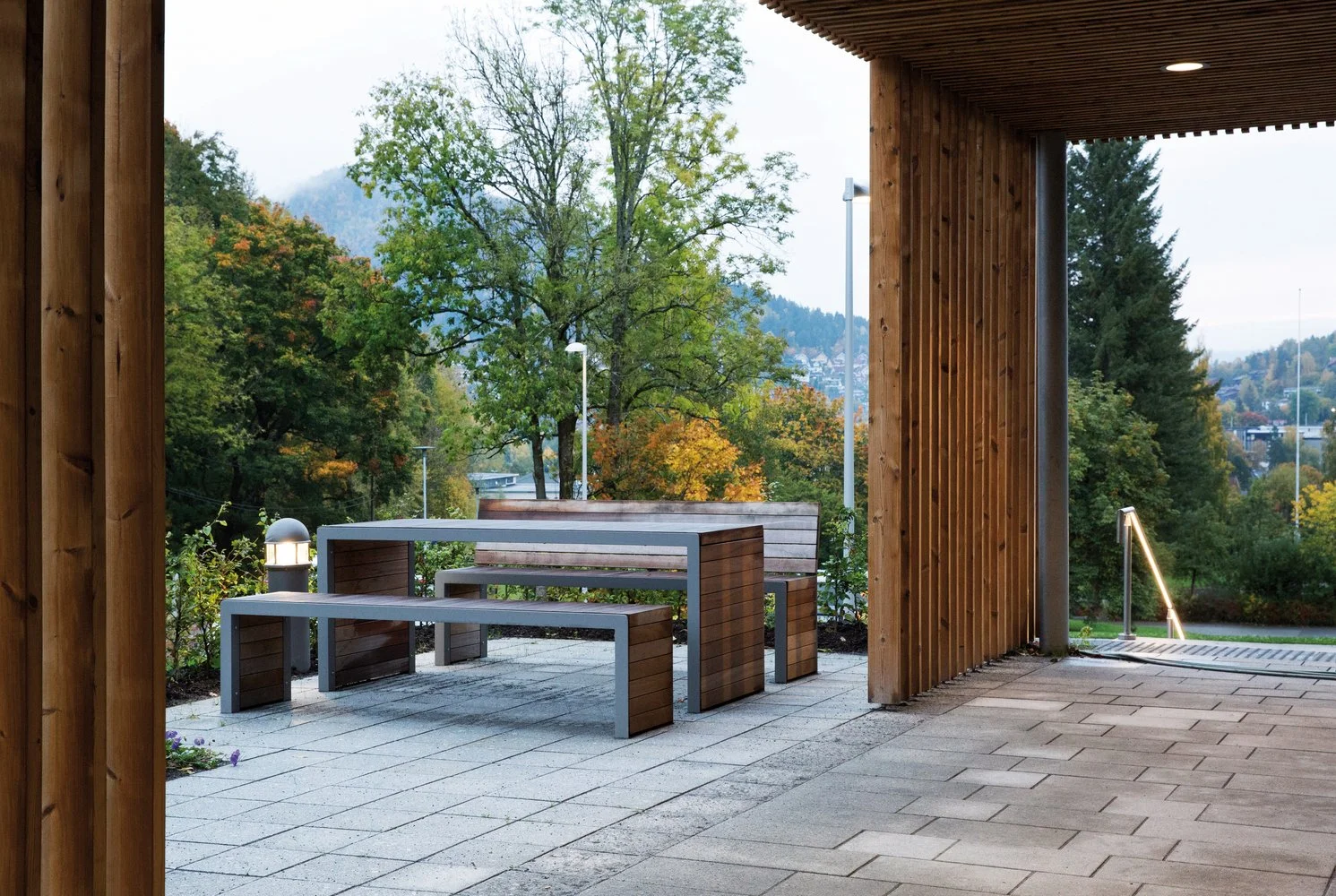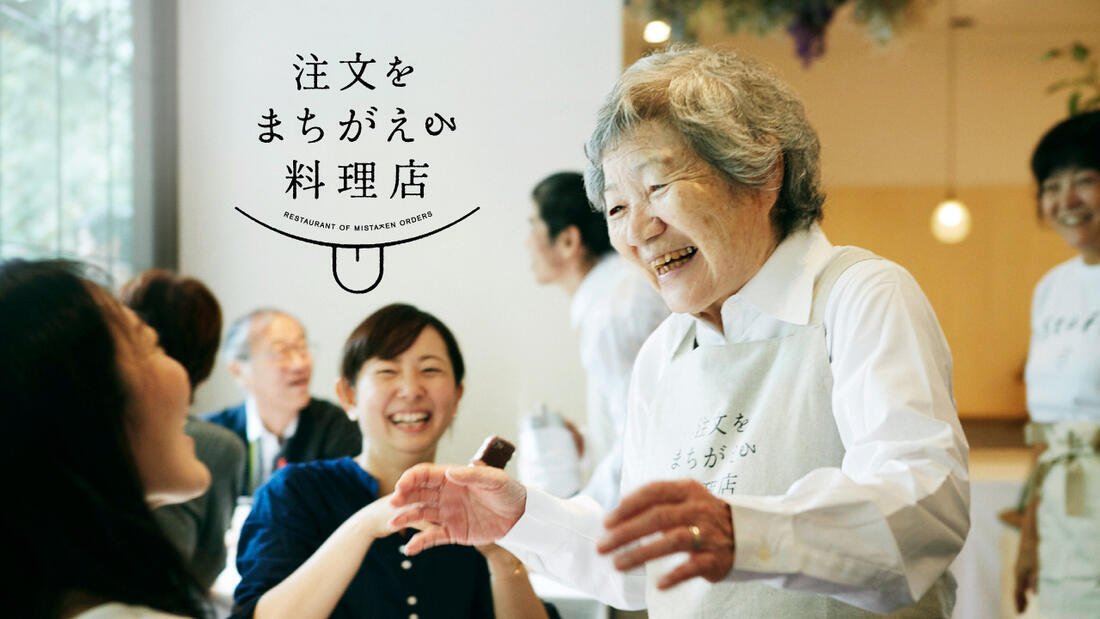Third places help people living with dementia socialize
In Norway, Australia, and the U.S., “dementia villages” of various types have opened up possibilities of people living with dementia to more easily socialize and engage in a wider variety of activities. A key feature of newer places is the increased ability to interact with society at-large, not just visiting family members, in a safe, casual, and non-transaction-focused way, by incorporating familiar third spaces like pubs and beauty salons into the villages.
In Japan, a pop-up restaurant, The Restaurant of Mistaken Orders, introduces a new kind of levity to memory issues, a main feature of dementia. The servers all have dementia, and customers understand this, so even though 37% of orders were mistaken, 99% of customers said they were happy, and 95% felt this restaurant could help promote understanding of dementia.
Zooming out for a moment: the 2019 Global Burden of Diseases, Injuries, and Risk Factors Study (GBD) estimated that the number of people with dementia will increase from 57.4 million cases globally in 2019 to 152.8 million cases in 2050. (Source: The Lancet)
Trying new ways of improving the quality of life for people living with dementia can stem in the direction of novel types of interactions and activities with a wide array of people. Here are more details from each of these two examples. I hope it helps to illuminate how safe, casual socialization allows integration with society, and how ideas like these might improve quality of life for the person with dementia while increasing understanding (and decreasing stigma and fear) of the condition.
Carpe Diem
Carpe Diem demenslandsby, Norway
“Residents in the communal living areas enjoy their familiar domestic comforts and welcoming common areas such as cafes, community center, fitness facilities and other amenities” (source: Arch Daily). It also includes hairdressers, pubs, and shops, further diversifying the people residents might interact with in daily life. A key difference of this dementia village from those that came before it is that non-residents and volunteers, who are informed about what the residents are experiencing, may also visit the businesses inside.
“Having an open village means a lot, both to those who live there and to those who come to visit. The fact that more than just relatives come into the community means that more people become familiar with dementia and life with dementia. We hope to achieve less stigmatization of this group in society in general.” - Anne Grete Normann, village manager, Carpe Diem (source: The New York Times).
“In 2020, Carpe Diem was named ‘Årets Helsebygg’ (Health development of the year) in Norway, an award that aims to highlight and pay tribute to positive building projects within the health and care sector.” (Source: Input Interior.)
“It is not a challenge, actually, to create something like this. The more challenging thing is to create a society where people are really included, whatever label or diagnosis they have.”
— Jannette Spiering, a founder of the Hogeweyk, a dementia village in the Netherlands
Restaurant of Mistaken Orders
注文をまちがえる料理店, Japan
The aim of this pop-up restaurant was to spread awareness about dementia, and to make society just that little bit more open-minded and relaxed. (Source: Restaurant of Mistaken Orders.)
The restaurant’s customers entered with an awareness of the condition, and thus, mistakes were accepted and with mutual laughter - how else? - by servers, customers, and staff members. Exercising the ability to do something of value and be paid for it, to be relied upon, and to meet and be accepted by new people is especially necessary for people experiencing what can be an isolating condition.
These pop-ups were held at various existing restaurants and cafés, allowing the concept to travel across various parts of Japan.
The restaurant won a multitude of awards, and a similar concept in the UK opened.


